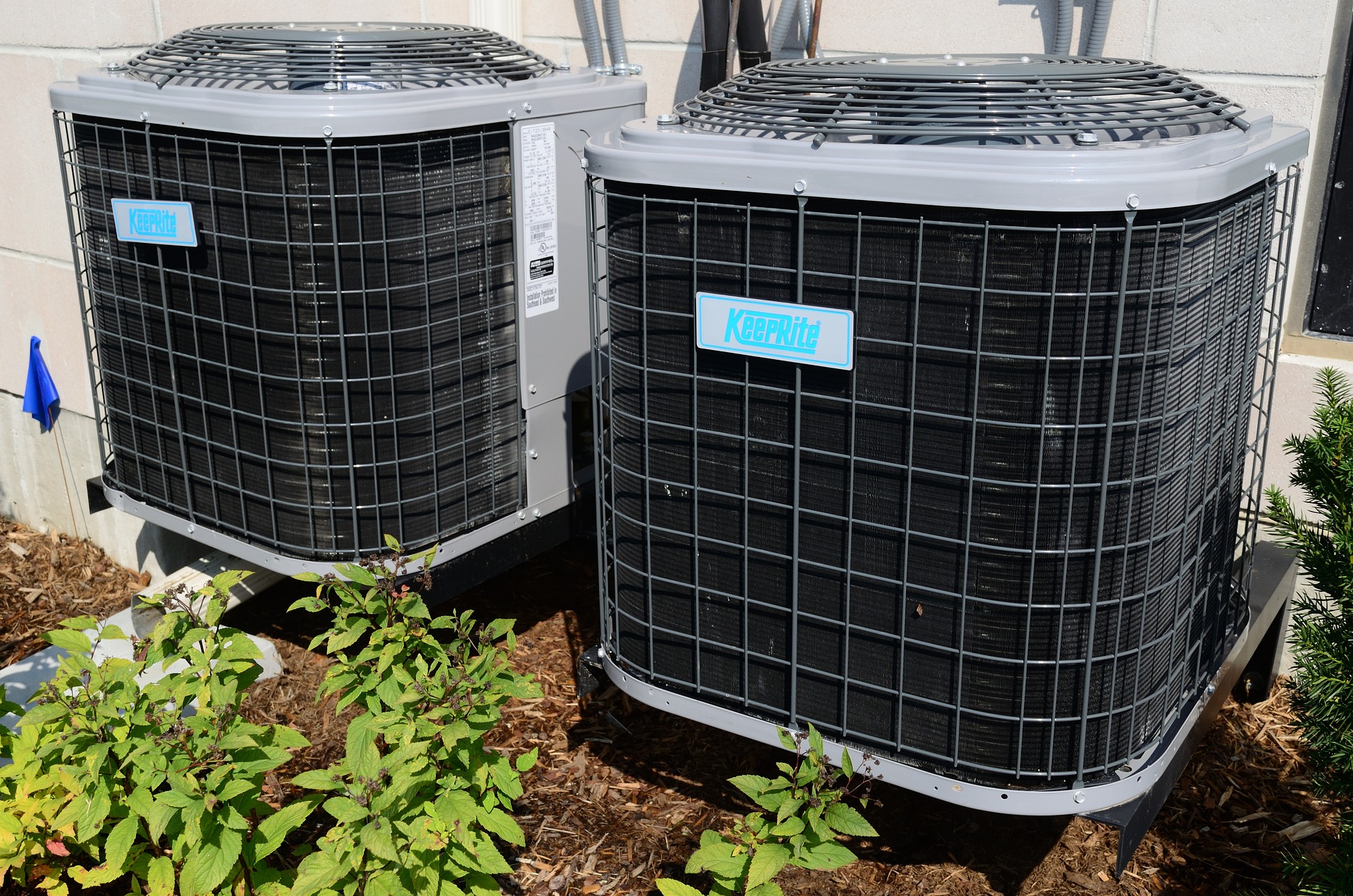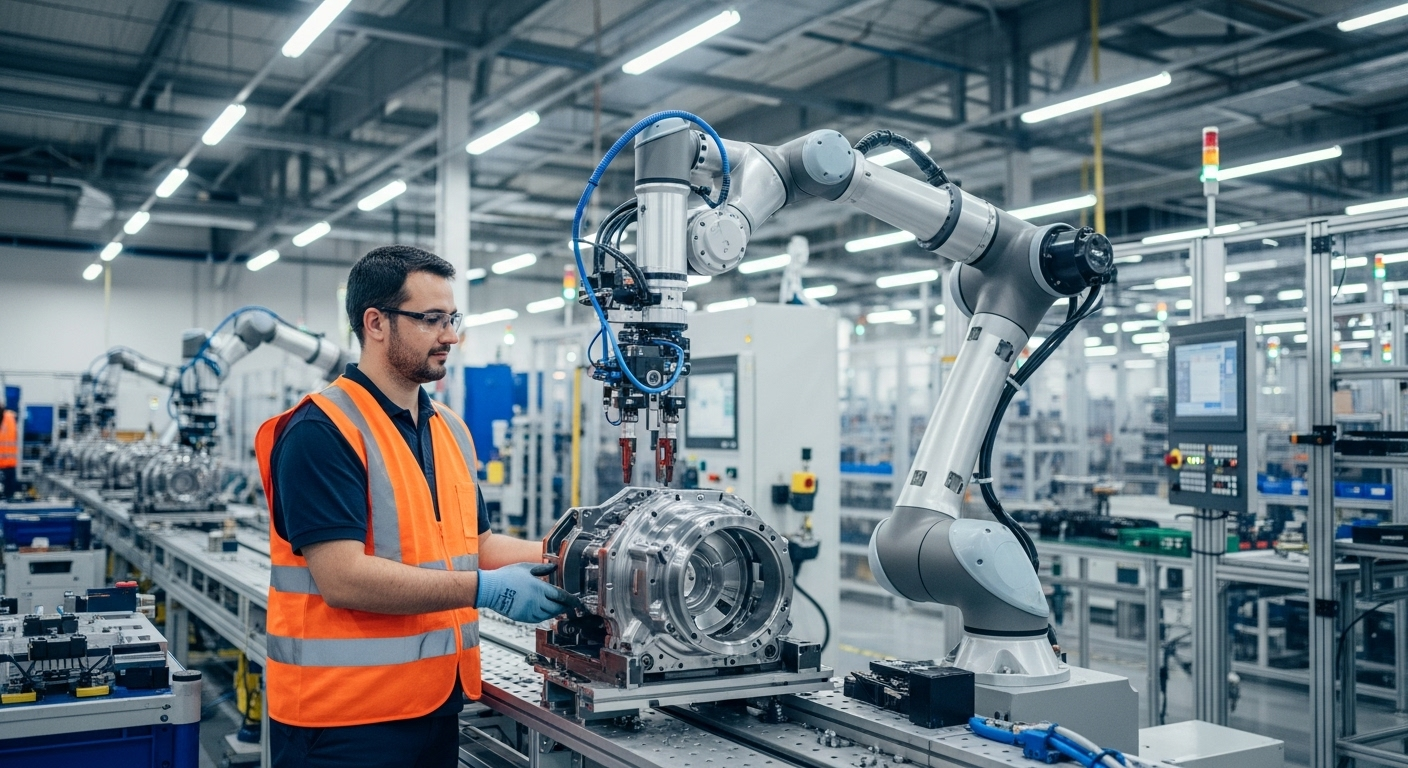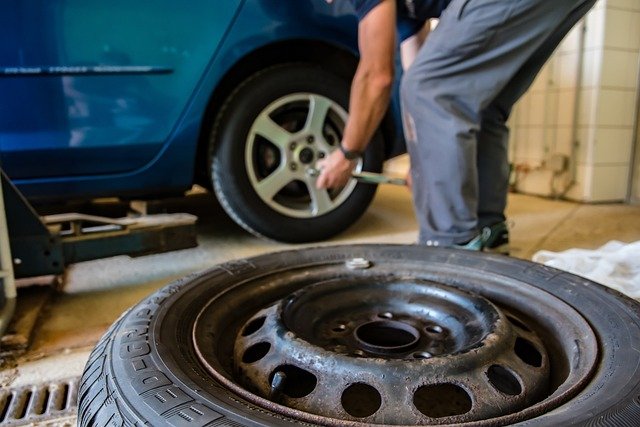Understanding HVAC Systems: Key Components and Functions
HVAC systems play a crucial role in maintaining comfortable indoor environments in homes and businesses across the UK. These systems, which encompass heating, ventilation, and air conditioning, work together to regulate temperature, humidity, and air quality. This article explores the essential components of HVAC systems and how they contribute to creating optimal indoor climates.

What are the main components of an HVAC system?
HVAC systems consist of several key components that work in harmony to control indoor air conditions. The primary elements include:
-
Furnace or boiler: This component generates heat for the system, typically using gas, oil, or electricity.
-
Air conditioner or heat pump: These units cool the air and can also provide heating in some systems.
-
Ductwork: A network of pipes that distributes conditioned air throughout the building.
-
Thermostat: The control centre that allows users to set desired temperatures and manage system operation.
-
Air filters: These remove particles and contaminants from the air, improving indoor air quality.
Understanding how these components interact is essential for efficient HVAC operation and maintenance.
How does heating work in HVAC systems?
Heating in HVAC systems can be achieved through various methods, depending on the specific setup. In the UK, common heating solutions include:
-
Gas boilers: These heat water that circulates through radiators or underfloor heating systems.
-
Heat pumps: Air source or ground source heat pumps extract heat from the environment and transfer it indoors.
-
Electric heating: This can include resistive heating elements or electric boilers.
The heating process typically begins when the thermostat detects that the indoor temperature has fallen below the set point. The system then activates the appropriate heating component to warm the air or water, which is then distributed throughout the space.
What role does ventilation play in HVAC?
Ventilation is a critical aspect of HVAC systems, often overlooked but essential for maintaining healthy indoor air quality. Proper ventilation serves several purposes:
-
Removing stale air and introducing fresh air from outside
-
Controlling humidity levels to prevent mould growth
-
Reducing the concentration of indoor air pollutants
-
Regulating temperature by expelling excess heat
In the UK, building regulations require adequate ventilation in both residential and commercial properties. This can be achieved through natural ventilation (e.g., windows and vents) or mechanical ventilation systems, which may include heat recovery units to maintain energy efficiency.
How does air conditioning work within HVAC systems?
Air conditioning in HVAC systems cools and dehumidifies indoor air. The process involves several steps:
-
Warm air is drawn into the system through return ducts.
-
The air passes over cold evaporator coils, which absorb heat and moisture.
-
Cooled air is then distributed back into the space through supply ducts.
-
The absorbed heat is expelled outside through the condenser unit.
In the UK, where summers are generally milder, many buildings rely on natural ventilation or simple cooling systems. However, air conditioning is becoming increasingly common in commercial spaces and newer residential properties, especially in urban areas experiencing higher temperatures due to climate change.
What are the energy efficiency considerations for HVAC systems?
Energy efficiency is a growing concern for HVAC users in the UK, driven by rising energy costs and environmental awareness. Key considerations include:
-
Proper insulation to reduce heat loss or gain
-
Regular maintenance to ensure optimal system performance
-
Use of programmable or smart thermostats for better temperature control
-
Installation of energy-efficient HVAC components with high SEER or AFUE ratings
-
Integration of renewable energy sources, such as solar panels or ground source heat pumps
The UK government offers various schemes and incentives to encourage the adoption of energy-efficient HVAC solutions, including the Renewable Heat Incentive (RHI) and grants for home insulation.
How often should HVAC systems be serviced?
Regular maintenance is crucial for the longevity and efficiency of HVAC systems. In the UK, it is generally recommended to service HVAC systems annually. However, specific components may require more frequent attention:
-
Boilers: Annual service is mandatory for landlords and highly recommended for homeowners
-
Air conditioning units: Servicing every 6-12 months, depending on usage
-
Air filters: Checked monthly and replaced every 3-6 months
-
Ductwork: Inspected and cleaned every 3-5 years
Professional servicing ensures that systems operate safely and efficiently, potentially reducing energy costs and extending the lifespan of the equipment.
In conclusion, HVAC systems are complex yet essential for maintaining comfortable and healthy indoor environments. By understanding the key components and functions of these systems, UK property owners and managers can make informed decisions about installation, maintenance, and upgrades. As energy efficiency and indoor air quality continue to gain importance, the role of well-maintained HVAC systems in our daily lives is likely to grow.




